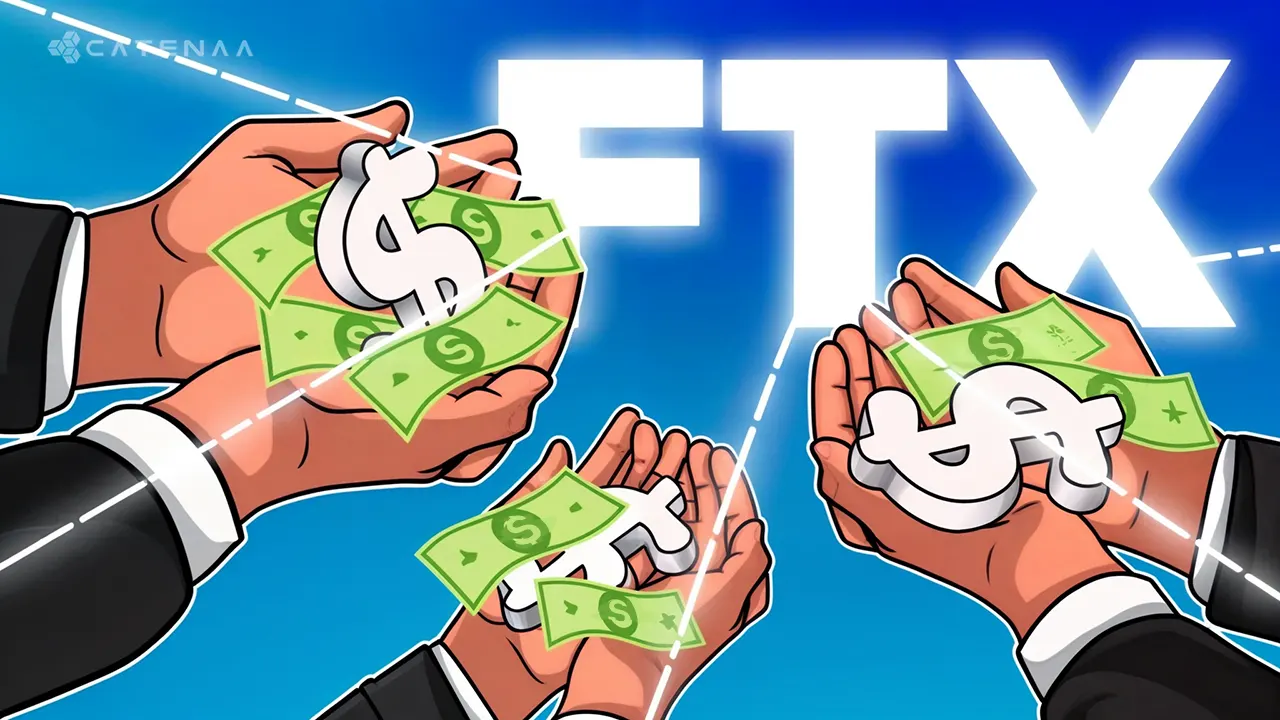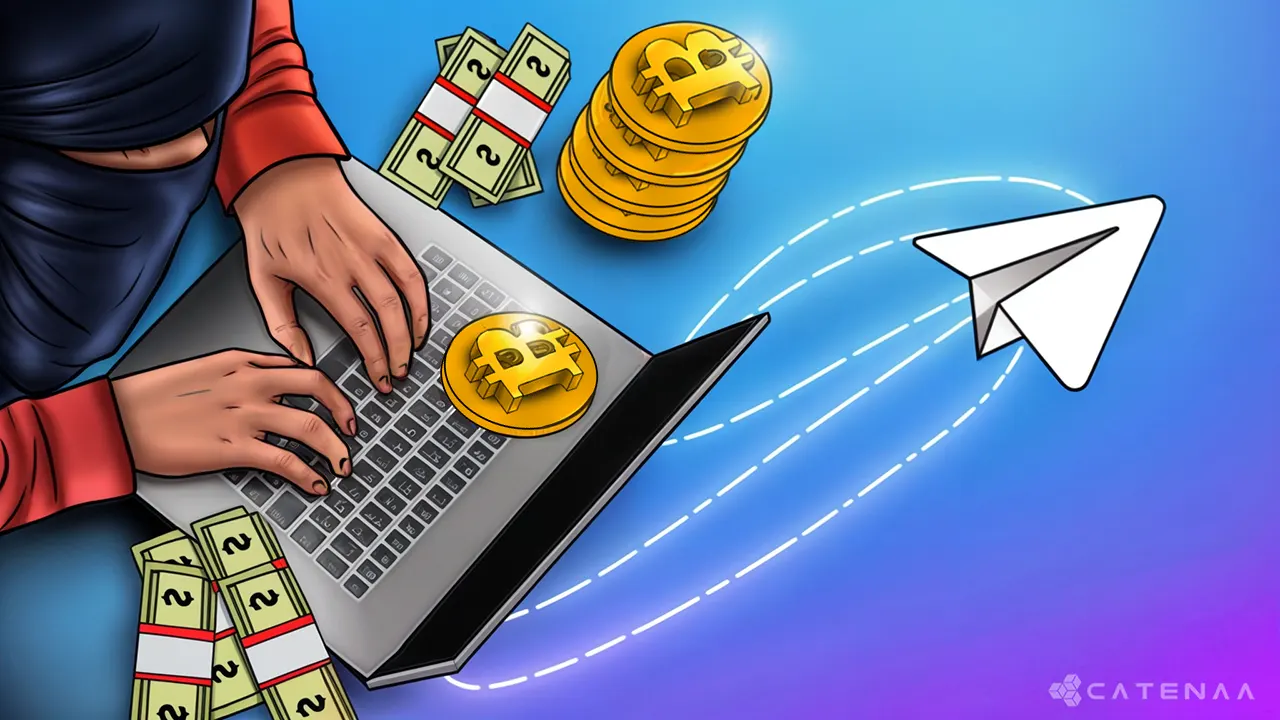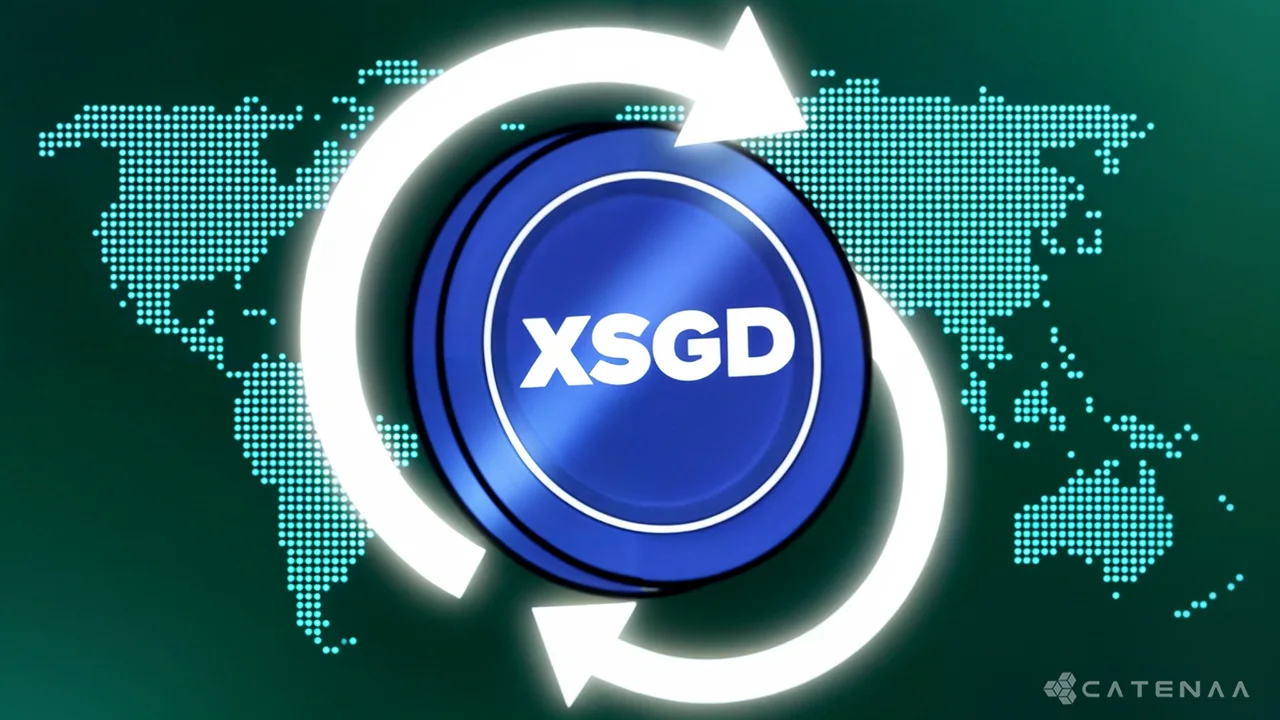New York, Tuesday, October 08, 2024-A U.S. bankruptcy judge has approved the reorganization plan for FTX, marking a significant step in the aftermath of the crypto exchange’s collapse two years ago amid allegations of fraud.
Judge John Dorsey, presiding over the case in the District of Delaware, confirmed the plan during a hearing on October 7, allowing the distribution of funds to creditors.
Approximately 94% of creditors from the “dotcom customer entitlement claims” class, representing about $6.83 billion in claims, voted in favor of the reorganization plan. Under this plan, 98% of creditors will receive at least 118% of their claim value in cash. Judge Dorsey lauded the plan, stating, “This is a model case for how to deal with a very complex Chapter 11 bankruptcy.”
However, not all parties were satisfied with the outcome. Sunil Kavuri, a representative of the largest creditor group, criticized the decision, arguing that payouts should be made in cryptocurrencies rather than cash equivalents. Similarly, David Adler, a lawyer for several creditors, expressed concerns about the tax implications of receiving cash payouts instead of in-kind distributions.
During the hearing, Adler inquired about FTX’s capability for in-kind distributions. Steven P. Coverick, managing director at Alvarez & Marsal North America, confirmed that the topic had been discussed but ultimately excluded from the plan.
He noted that the debtors lacked the necessary cryptocurrency to fulfill such distributions and emphasized that FTX never possessed the cryptocurrency in the proportions customers believed were in their accounts.
Judge Dorsey reiterated his stance on the value of FTT, the exchange’s native token, affirming that its current value is zero. “I have no evidence today that the value of FTT tokens would be anything other than zero,” he stated, highlighting the intertwining of the tokens with the failed exchange.
The possibility of an “FTX 2.0” revival was previously considered but has since been dismissed.
FTX CEO John J. Ray III indicated in mid-2022 that the company was exploring options for rebooting the exchange, but no investors were willing to commit capital for a restart, as confirmed by FTX attorney Andrew Dietderich in January.
FTX’s bankruptcy proceedings began in late 2022, following the guilty verdict of former CEO Sam Bankman-Fried in November 2023 on multiple fraud charges. He received a nearly 25-year prison sentence. The collapse also affected sister trading firm Alameda Research, with its CEO Caroline Ellison sentenced to two years for her involvement. Former FTX executives Gary Wang and Nishad Singh have been charged and cooperated with authorities, with Singh’s sentencing set for later this month and Wang’s scheduled for late November.
FTX, once one of the leading cryptocurrency exchanges, filed for bankruptcy in late 2022 after facing severe liquidity issues and allegations of misusing customer funds. The collapse raised significant concerns about regulatory oversight in the crypto industry, prompting calls for stricter regulations. The approved reorganization plan aims to provide a pathway for creditors to recover a portion of their investments while addressing the fallout from one of the most high-profile collapses in the cryptocurrency space.


